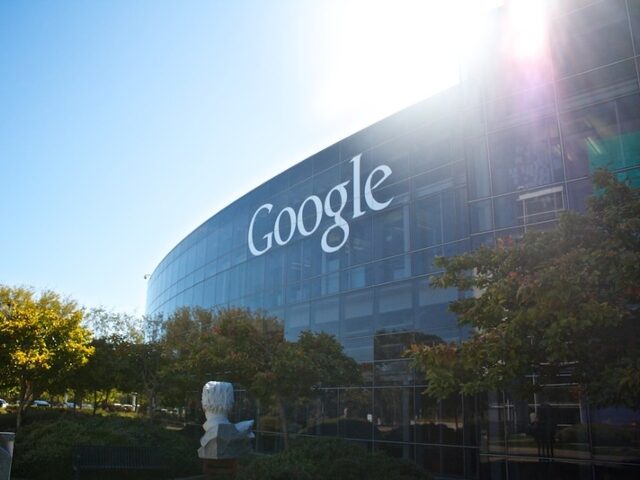In a landmark ruling, Judge Amit Mehta declared Google a monopolist that has maintained its dominance through illegal practices, marking the most significant antitrust victory since the Microsoft case in the 1990s. The decision could have massive implications for not only Google, but other tech titans including Apple and Microsoft.
Bloomberg reports that the federal judge’s declaration that Google’s deals to secure its search engine’s default status on browsers and mobile phones are illegal has opened the door to a range of potential consequences for the company. If Google’s planned appeal is unsuccessful, the search industry landscape, long dominated by a single player, will undergo significant changes, affecting partners that have shared in Google’s abundant advertising revenue.
The most drastic possibility, advocated by some antitrust activists, would compel Google to divest its Chrome browser or Android mobile software businesses, severing its ability to directly integrate search into both. However, legal experts suggest that Mehta is more likely to prohibit Google from paying to be the default search engine on devices and browsers from companies like Apple and Samsung. This would allow each device or browser maker to choose their own default search engine or implement a “choice screen” for users to select from several options.
Google’s internal analysis from 2020 predicted that losing its default status on Apple’s Safari browser and iOS devices would result in a 60-80 percent reduction in queries on iPhones and iPads, leading to net revenue losses of up to $32.7 billion. However, if users are given a choice and most still opt for Google, the company might save more money in payments to Apple, Samsung, and others than it loses in search advertising.
Microsoft’s Bing, an underdog in online search, stands to benefit the most if fewer people use Google. Despite repeated attempts, Microsoft failed to persuade Apple to make Bing its default search engine. If Google is barred from paying for default status, Microsoft could become the most attractive alternative for Apple and Samsung. Even a small increase in market share would be significant for Bing, which has struggled to surpass 4 percent for many years.
The ruling also jeopardizes the billions of dollars that Apple and Samsung receive from Google. In 2022, Google paid Apple approximately $20 billion for default placement on its Safari browser and iOS devices, while also paying Samsung an undisclosed sum. Instead of turning to Bing or offering users a choice, these companies could develop their own search engines, although matching Google’s technical infrastructure could cost Apple as much as $20 billion.
The rise of generative AI, sparked by the launch of OpenAI’s ChatGPT, has led many to question the future of traditional search engines. As people increasingly turn to AI applications for answers, Google’s loss of default status on phones and browsers could accelerate the adoption of AI alternatives. OpenAI has also secured a prominent position for ChatGPT in Apple’s revamped Siri voice assistant, potentially diverting search traffic from Google.
Read more at Bloomberg here.
Lucas Nolan is a reporter for Breitbart News covering issues of free speech and online censorship.

COMMENTS
Please let us know if you're having issues with commenting.